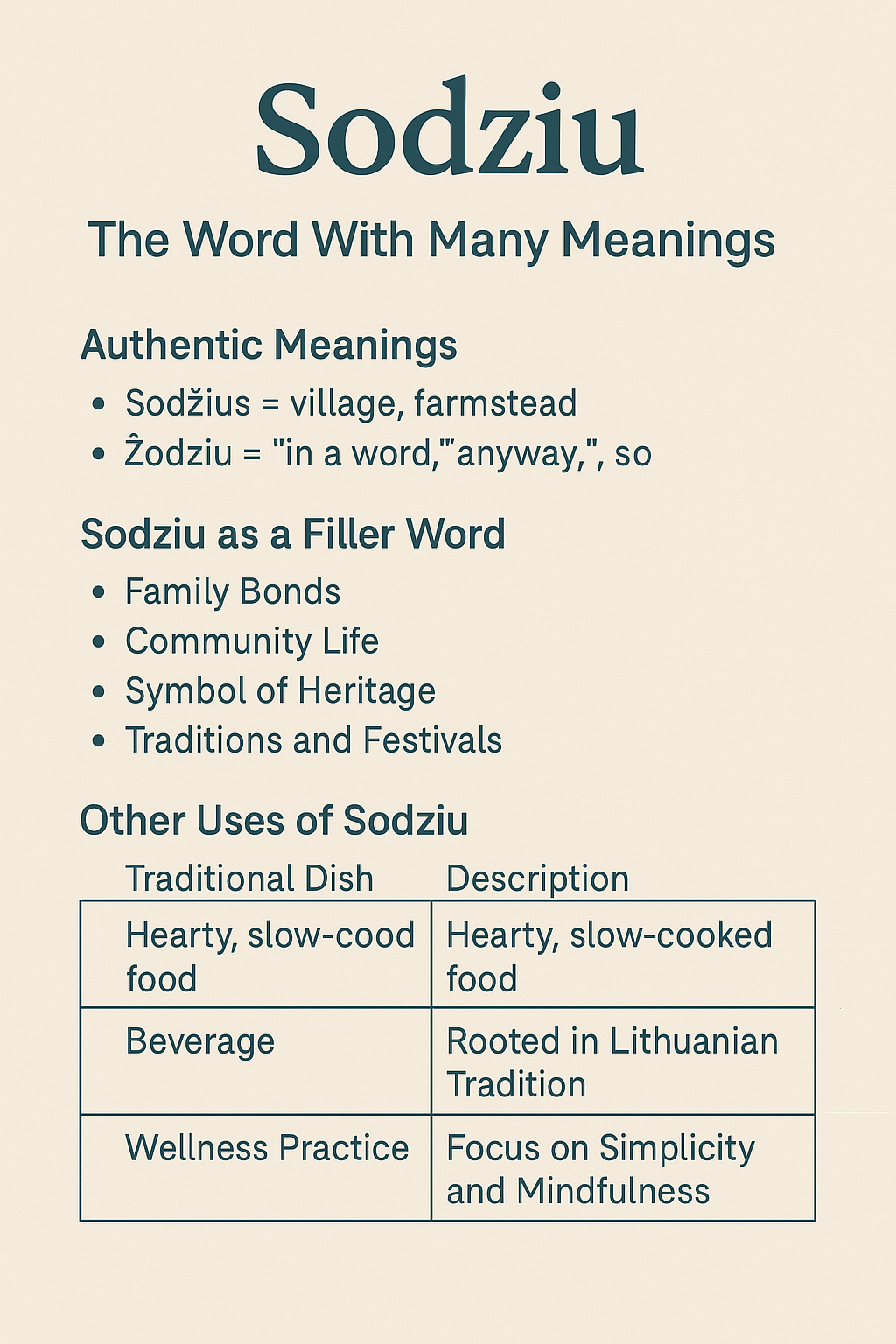Relationship
How does a divorce affect children’s future relationships?
Published
7 years agoon
By
Farhan Malik
Children of divorced parents’ future relationships are affected in various ways which can be both undesirable and positive. Children who have observed their parents’ matrimonial issues and break up naturally imitate those actions in their own relationships later in life. Kids raised in a broken home are more likely to possess a more positive attitude to divorce and a lot less positive approach concerning marriage and, according to onlinedivorce.com, kids of separated parents have a higher percentage rate of divorce because the separation of their parents is conveying an idea to them that separation is acceptable in a non-direct way. When parents split many children deliberate on whose fault it is and sometimes they think it is their fault resulting in self-blame even when their parents clearly state that it isn’t and many other people wonder how divorce affects children later in life.
Trust issues in relationships
Trust is a major factor in every healthy relationship, and parental divorce usually ends up in low trust amongst children. Not trusting that a partner means what they say and will abide by it is a major problem that affects children’s future relationships by making dating and romance tougher for their kids as they reach adulthood, especially if they have witnessed a breakdown of trust between their parents, this breakdown usually reflects in them when working through their own relationship challenges.
Although everyone is different and some children of the divorced parents go on to have healthy relationships later in life and to make this a reality, disconnected parents can lead by example by helping their children cope with trust issues earlier on in their lives by maintaining a sincere, warm and affectionate co-parenting relationships with each other after their separation because nurturing the feeling of disloyalty and unfaithfulness will continue to affect their families future relationships especially when the feelings are profound, robust and complex.
Weakens the relationship between parents and children
One might ask how divorce affects children’s future relationships with their parents. Well, when parents detach from one another, a different kind of separation comes about between the parents and their kids, especially when the breakup fallout is in conflict. Most people agree that a father’s responsibility is vital for a child’s development to implant discipline and other social skills, but when Parents’ separate, they might start neglecting their duties towards their kids and the likelihood of missing out on important developmental models is imminent. Studies have shown that children from broken homes receive less useful aid, emotional support, financial assistance from their separated parents which affects the children’s faith in them and further weakens their future relationship with them. Detached parents tend to be less communicative and affectionate with their kids; they often disciple their kids more inconsistently and harshly, especially immediately after the split. Shortly after the breakup, mothers frequently develop problems with their boys and it commonly becomes extra tough for fathers to have close relationships with their children. Parents’ divorce leads to a regression in the children’s attitude to trust in their fathers even though children who are enthusiastically and emotionally close to their fathers have a habit of being happier and more fulfilled in life irrespective of their relationship and attitude to their mothers.
Emotional Hurtle
A person in an exceeding relationship who has a fully-fledged parental split-up can also have enthusiastic tears to clear. Later in life, the offspring of separated parents are bound to experience problems with passionate closeness in different ways. Analysis has shown that the duration of time after parents’ separation shows a solid indicator of how the adult children of a detached parent act in their future intimate relationships. This is essential because of the possibility of these children ending up finding themselves wanting multiple partners or a flawless partner to be happy in their relationships. In forming their point of view, children of divorced parents are exposed to troublesome emotional moments that life after break up has offered them, they usually develop a less sense of security and stability and depend on familial energy to keep up the feeling of regularity. Kids seeing their parents’ relationship crumble as a child can light up the sensation of anxiety when socializing, and they habitually emphasis on their parents’ unsuccessful relationship and assume they will bump into parallel fate. A handful of them supposes that their parents gave up on love and affection which makes them feel disheartened as well later in their future relationships, the younger the child was at the time of separation the more susceptible they are to form twisted beliefs about the cause of their parents’ divorce.
Reluctant to Marriage
When kids observe their parents’ marriage disintegrating, it’s conceivable that they may adjust later in life to a negative impression of relationship all together particularly if a high level of parental clashes is involved, a high level of interparental conflict of disconnected parents directly affects children’s future relationships. A mature child may likely stay far away from the idea of marriage to maintain a distance from the likelihood of divorce later in life. Children of broken homes tend to have a less optimistic attitude concerning marriage and more affirmative approach towards divorce throughout their lives. This pessimistic approach to marriage results in a decrease in their commitment regarding a romantic relationship, which is closely correlated to the diminishing relationship quality. Their offspring’s future relationships are also threatened by break up because they have experienced their parents’ breakup and sometimes remarries which makes them feel that marriage is unpredictable and volatile and that nothing lasts forever. Children raised in disconnected families sometimes don’t believe that true love exists; they are less likely to think of marriage as something everlasting and long life dedication; they are less likely to be optimistic of themselves as a parent in the future. Kids who have undergone two or more changes in his or her family structure are much more likely to divorce later on in life compared to children who have never undergone any family change.
Abandonment issues
Divorced parents’ offspring’s future relationships are heavily affected by the initial absence of one of the parents most especially in the first few years after their separation, children may develop abandonment issues not only in their love and romantic lives but also in their casual relationships with friends. We usually find them of double checking and confirming on the status of their relationships, they also tend to be very sensitive and lay more emphasis on little things that don’t really matter in their future relationships just to get the guarantee that they are still loved. They might also live in constant fear of offending their partners or anyone else or engaging in anything that would cause people to want them less. Children of divorced parents might also struggle to discuss feelings and important issues in relationships in future relationships because they might have been abandoned by their parents while growing up and didn’t have the opportunity earlier on in life to discuss similar issues with their parents who are not available because of divorce.
Becoming rigid and pushing people away
Another way in which the children of divorced parents’ future relationship suffers is that they subconsciously start to build a mental fortress around themselves. When anyone is trying to get close, they are more cautious and start pushing them away so nobody could break their heart.

Sodziu: The Word With Many Meanings

CinndyMovies: A Simple Guide to Features, Safety, and Why People Talk About It

EchostreamHub: A Simple Guide to the All-in-One Streaming and Media Platform

What You Need to Know About Police Brutality?

12 Sites to Watch Free Online TV Shows with Complete Episodes in 2024






